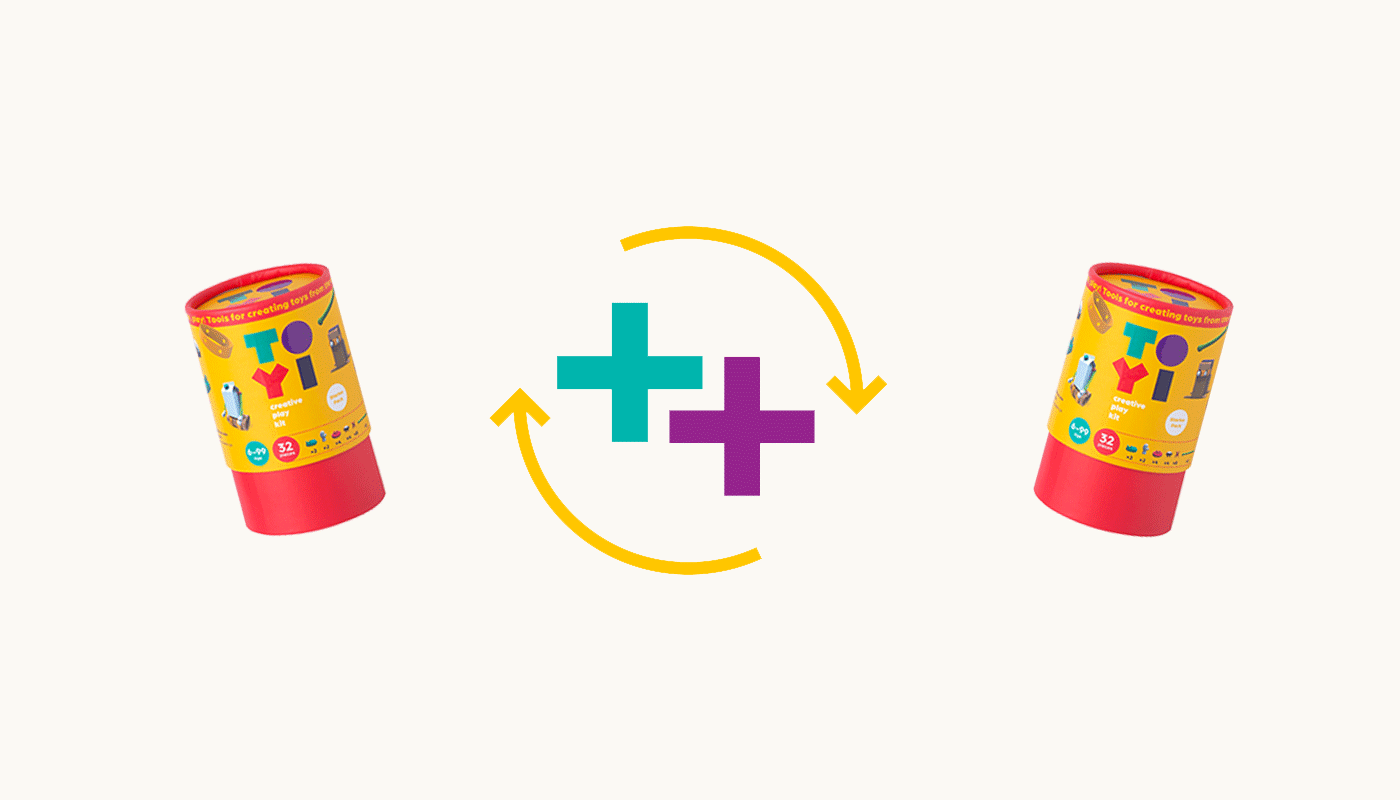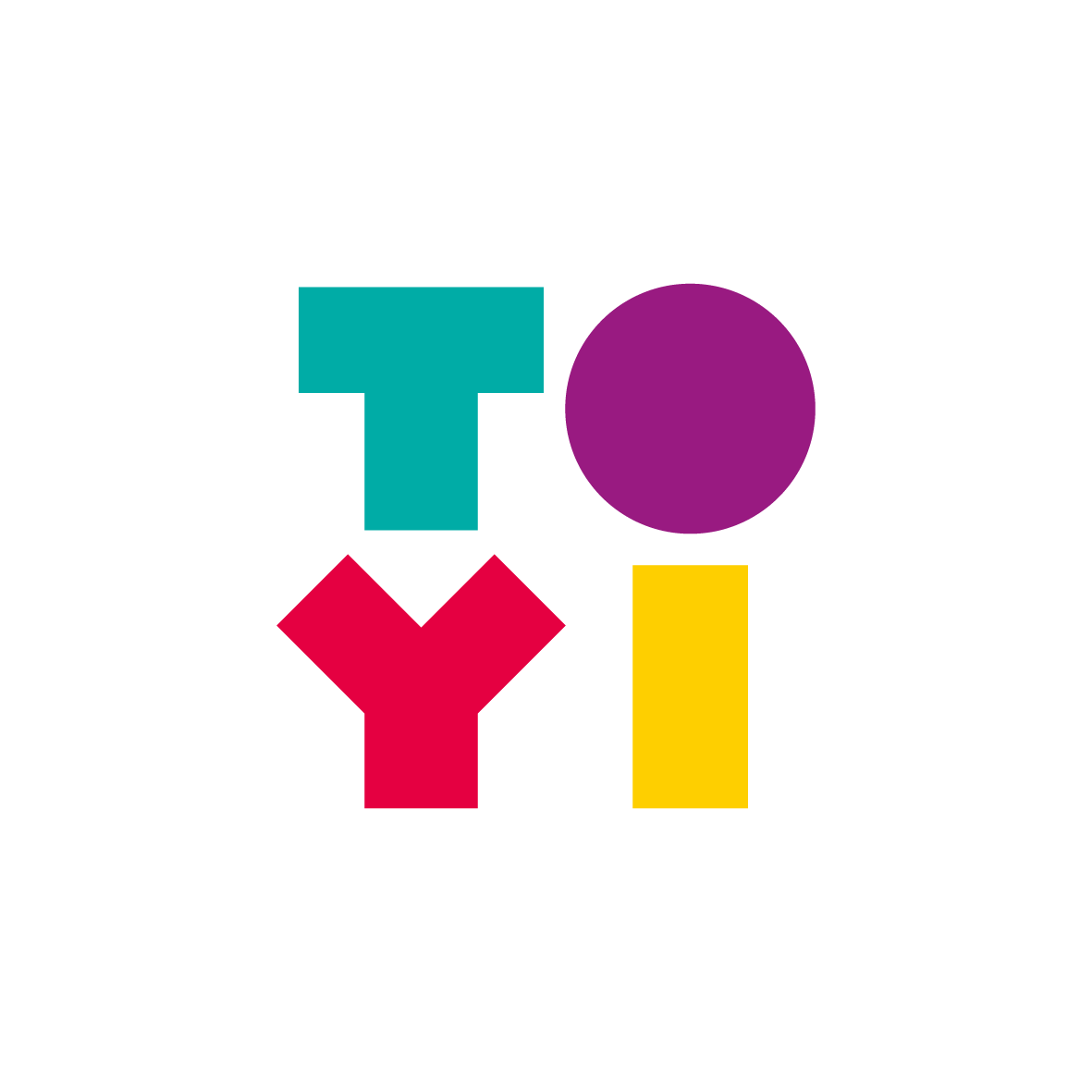The century we live in is full of complex issues that require the partnership of all stakeholders in order to solve them. A large stakeholder network of non-governmental organizations, global development institutions, funding agencies, and international organizations constitutes the impact industry. Now, this ecosystem includes social enterprises with the desire to take initiative, prioritize impact and try new models to solve issues. Also, from the consumer side, Nielsen global online survey found that consumers are increasingly willing to pay more for socially responsible products. In fact, 66% of respondents say they’re willing to pay more for products and services that come from companies who are committed to positive social and environmental impact, up from 55% in 2014 and 50% in 2013.
However there are a lot of stakeholders working in the fields of education, environment, health, and housing in the impact industry, contributing to the development process on a large scale, sometimes they cannot be able to solve issues by themselves. Social enterprises come into play in areas where non-governmental organizations cannot take rapid action due to the slowness of internal and inter-stakeholder bureaucratic processes and lack of access to financial funds. Social enterprises can create more impact-oriented and creative models by moving more rapidly and developing sustainable models in their fields of expertise. Thus, they can contribute quickly to the solution of the problems and produce alternative models within the sector.
In Toyi, which we have positioned as a social enterprise, we aim to make the play accessible to all children by making the social entrepreneurship and toy industry talk to each other. Toyi’s designer and co-founder Elif describes Toyi’s first appearance as follows:
“Especially in areas where there are disadvantaged children, we can’t get them the toy they want, so let’s do something to make them turn everything around them into toys.”
Based on this idea, Toyi, which we brought to life; We realized that all children who could not use their creativity could benefit from this approach and product because of the constraints of city life, school success pressure, parental guidance and the constraints of the toy industry. Today, with Toyi, we aim to be the toys of every child regardless of gender, language, geographic location, and socioeconomic level.
In this journey, our priority is to be inclusive and accessible. Within our journey, we wanted to adopt a model that we can provide from the core and took our first step in our large-scale operation in Turkey.
As of 21 September 2019, Toyi is on sale at Toyzzshop that is the biggest toy retailer in Turkey. For each Toyi kit purchased from Toyzzshop, a Toyi kit will be donated to the Koruncuk Foundation by Toyzz Shop.

Toyzz Shop we cooperate in the campaign, Turkey’s largest retail toy retail chain brand with more than 240 locations, continued its activities in Turkey since 1985. Koruncuk Foundation for children in need of protection while sheltering since 1979, works in the field of education and health is one of Turkey’s oldest non-governmental organizations. We are very excited about this collaboration with two organizations that are influential in the field.
There is one point that we consider important in the development of this process: The cooperation with Toyzzshop that has the widest audience of the toy industry in Turkey. It is very valuable for us to be able to reach more parents and educators. We look forward to seeing the children at the Koruncuk Foundation produce toys with Toyi later in the campaign. (You can see our data feed page for up-to-date information about donations)
In fact, the ‘one-for-one’ model has been implemented in the world of social enterprise for many years. Shoe brand TOMS is the first social enterprise to introduce one-for-one system. For each shoes purchased, TOMS donates one shoe to disadvantaged women and children and has delivered more than 93 million shoes to communities in need so far. [1] Announcing its updated model in June, TOMS stated in its new impact program that it will expand its work in the field of gun violence, homelessness, and mental health, equality and women’s rights, as well as commitments in the field of shoe giving, sight, and safe water.[2]
The model created by TOMS in 2011 also inspired many social enterprises. Warby Parker is a social enterprise that provides glasses at accessible prices under $ 100 in the optical world, with an average of $ 500. It also provides glasses to disadvantaged communities in 50 countries for each purchased.[3] Other successful examples are Wildflower & Oak, which produces baby blankets, Giftbox, a feminine hygiene product brand and HumbleBrush, a sustainable toothbrush brand. But it was never applied or tried for the toys.
The social entrepreneurship sector is productive in making successful examples of the one-for-one model, but they are questioned by the development sector. One of the biggest discussions in this field is “band-aid model” emphasizing that the products sent to fight poverty are only a short-term treatment and do not provide solutions to the deep causes of poverty. The fact that it creates an economy dependent on foreign aid at the local level instead of developing the local economy is again one of the criticisms we have seen in the sector for a long time. [4] [5] [6] [7] [8] [9] [10]
We are aware that poverty cannot be solved only by delivering toys to children, and there are deep-rooted causes of extreme poverty. In order to produce more permanent solutions, we are working on different development models as well as our ‘buy one donate one’ model. The first is the partnership with women’s co-operatives in Turkey. We work with women’s co-operatives throughout our packaging processes at Toyi to support the local economy and women’s economic empowerment. (We will share the details of our partnership with women’s cooperatives in our new blog post in the coming days.) At the same time, we know that the issues we are trying to reach a solution are not purely an economic issue and we believe that it should be supported by the social programs. That’s why we developed our Play Advocates community program. With the support of the Play Advocates program, we aim to increase children’s access to the right to play. In the next term, we will continue to work to support the right to children’s play and develop new development programs.
References
[1] https://www.toms.com/what-we-give-shoes
[2] Purpose at Work: How TOMS Is Evolving Its Brand to Scale Its Impact, Forbes, 2019
[3] https://www.warbyparker.com/buy-a-pair-give-a-pair
[4] Beyond 1-for-1: Better Social Entrepreneurship, Huffington Post, 2017
[5] One-for-None: Aid Dependency and the “TOMS Model”, Harvard Political Review, 2017
[6] The Potential and Failures of the Buy-One Give-One Model, Matt Gefen, 2017
[7] A Better Way To ‘Buy One, Give One’, Forbes, 2014
[8] Does the one-for-one social enterprise model paper over the cracks?, The Guardian, 2012
[9] The Power of Purpose: The Evolution of Giving at TOMS, Forbes, 2019
[10] Inside the Buy-One Give-One Model, Stanford Social Innovation Review Winter 2014

One comment
Gizem
29 June 2020 at 17:24
Nice Job Toyi!